
As anyone who has ever been skillfully buggered knows, anal sex — at least for the prostate-endowed — is the best invention since sliced bread. Straight men have recently discovered “prostate massage” and “prostate stimulation.” According to a manufacturer of sex toys I interviewed for this piece, strap-ons have been their fastest-growing item for five years now. For every guy who has the guts (pun intended) to give it a try, way to go, bro! It is truly awesome if done right.

I realize that the politics and philosophy of female anal penetration are a lot more complicated, and I will leave them aside for now. It is the receptive male I am concerned with here, and the sexual revolution “from the bottom up.”
It is of course much more than a sexual revolution. For centuries, the penetration of males has been condemned. “Buggery” or “sodomy” were considered evil, not because of any real religious concern but because they supposedly undermine the male’s position of strength in a traditional society. Even today, religious people run around with the archaic concept that active=dominant=seeder=honorable whereas passive=submissive=seeded=shameful. It is a reflection of attitudes toward women as much as a relic of Roman times. The biblical prohibition of bum fun is mostly based on one deluded apostle living in Rome, where these attitudes were the norm. Romans could bugger non-Romans (slaves and non-citizens), but for a freeborn Roman citizen to take it up the chuff was considered demeaning and punishable by law.

For centuries, the inviolate male backdoor was a symbol of integrity and strength. No wonder in a martial society that valued its warriors and fighters more than its philosophers. But even in good old Greece, famous for “tolerant” attitudes toward male-male fondling, things were not what they seemed. The Greeks, too, had sexual attitudes based on victor-vanquished, dominator-dominated, rather than the concepts of equal love that we now stress in the marriage debate.
Many countries condemn not homosexuality but the penetration act. Iran, Saudi Arabia, and a few other countries still mired in mythical thinking imprison, hang, and stone to death men who copulate, the act constituting the crime, not the affection itself.
Why, then, is a tightly shut “bronze eye” (to use Jean Genet’s sweet term) no longer paramount in modern culture? When exactly was the taboo lifted? Why are even straight boys discovering the pleasure of the back tunnel without feeling shame?
READ THE REST HERE @ HUFFPOST!

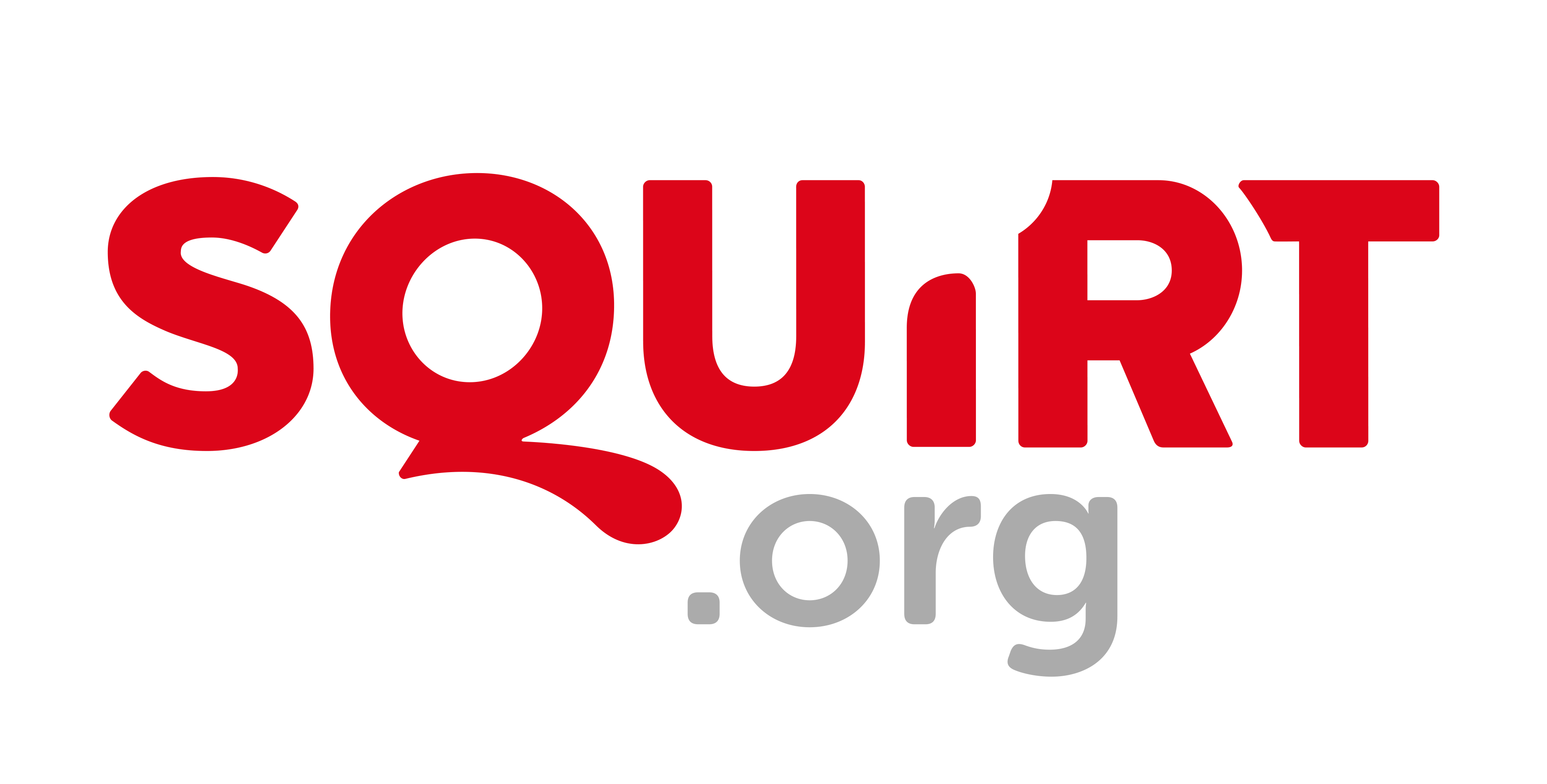










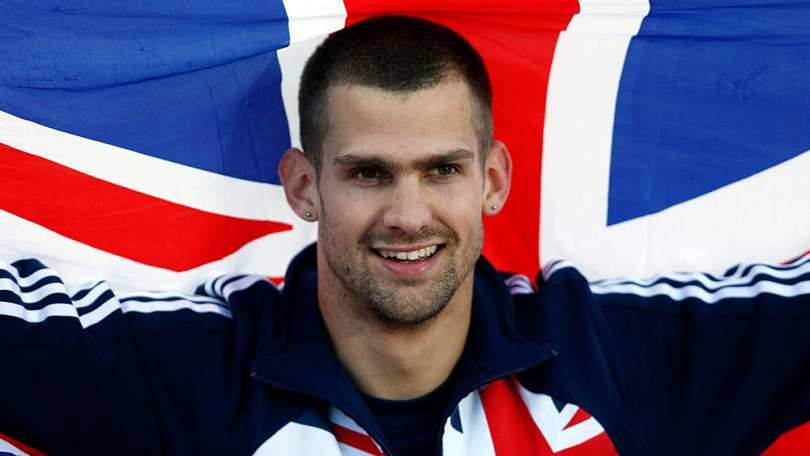
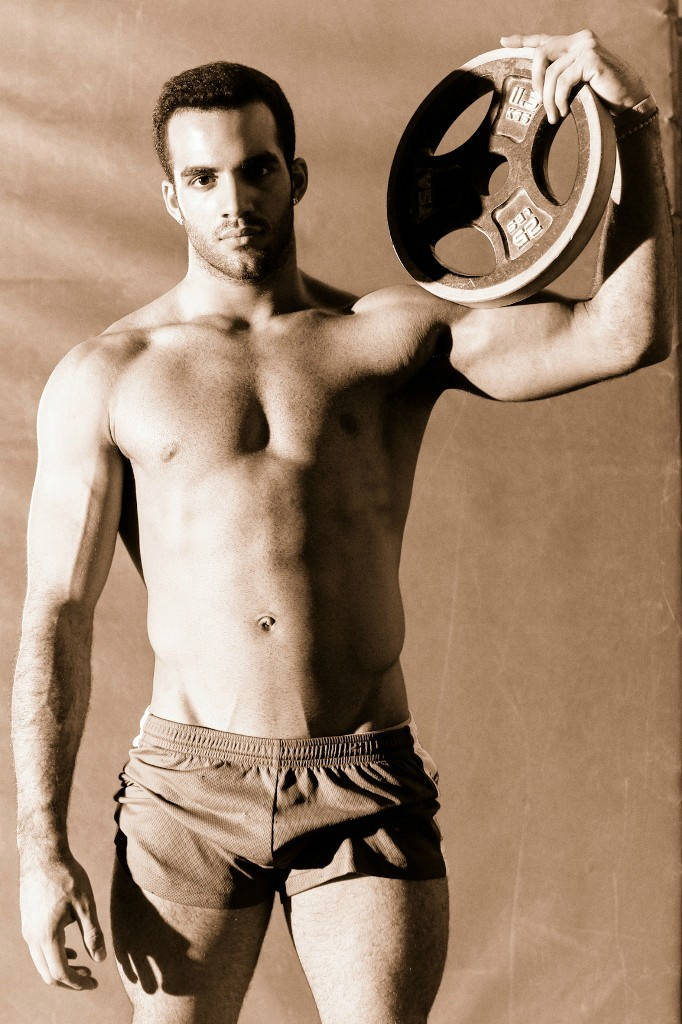



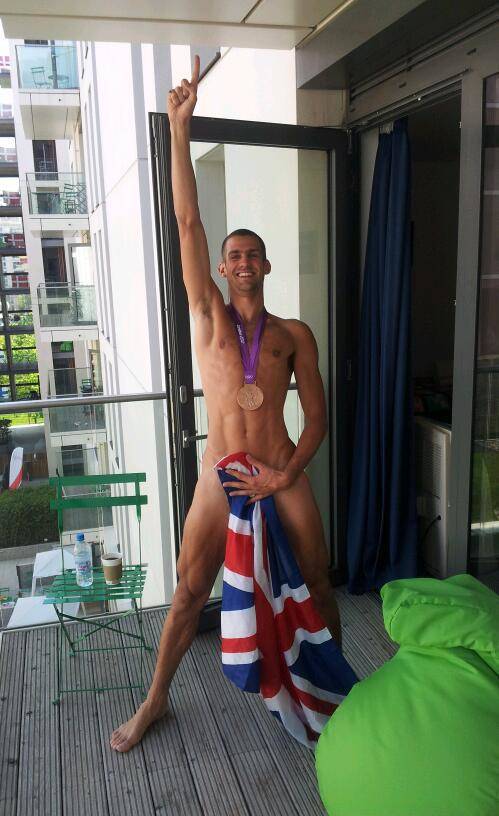
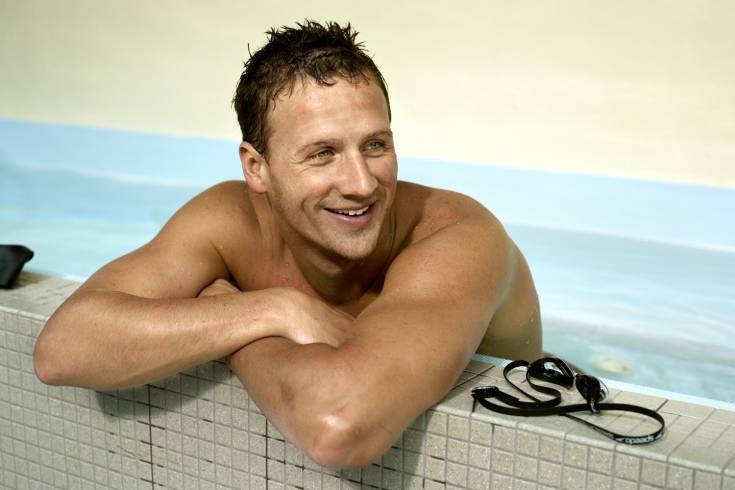
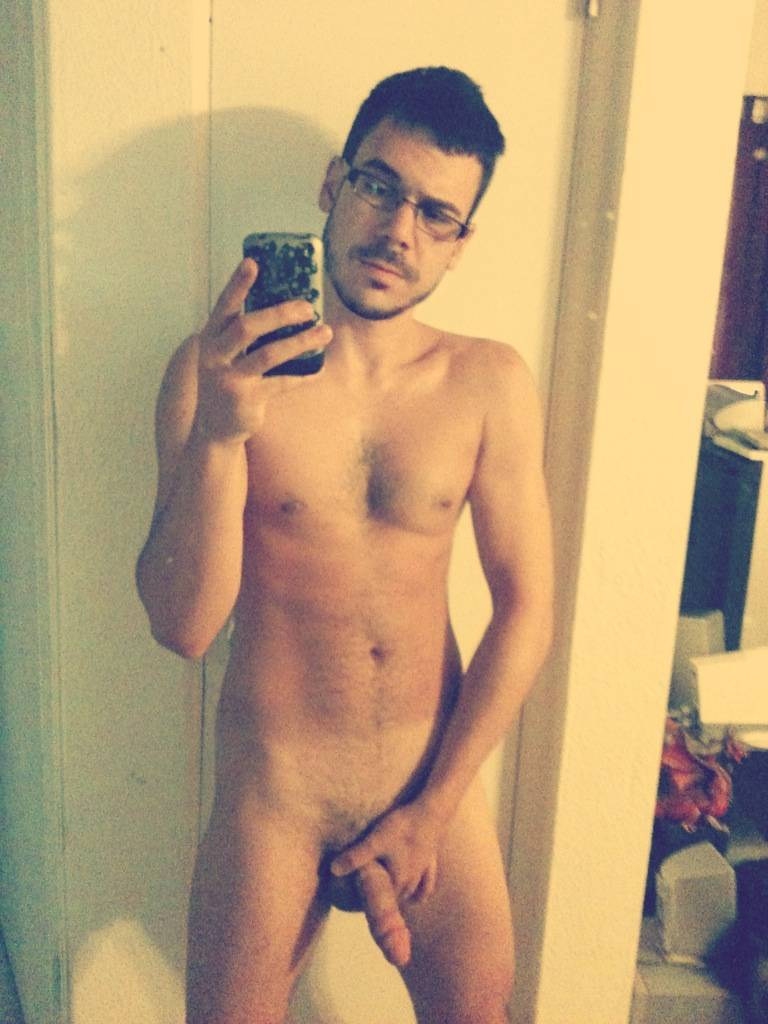
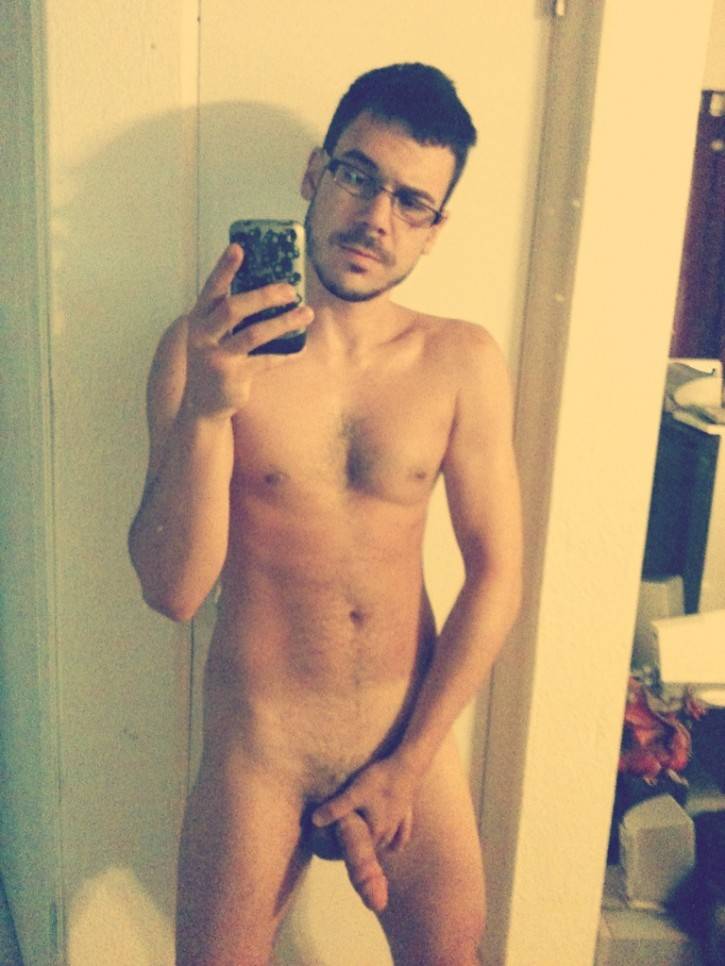
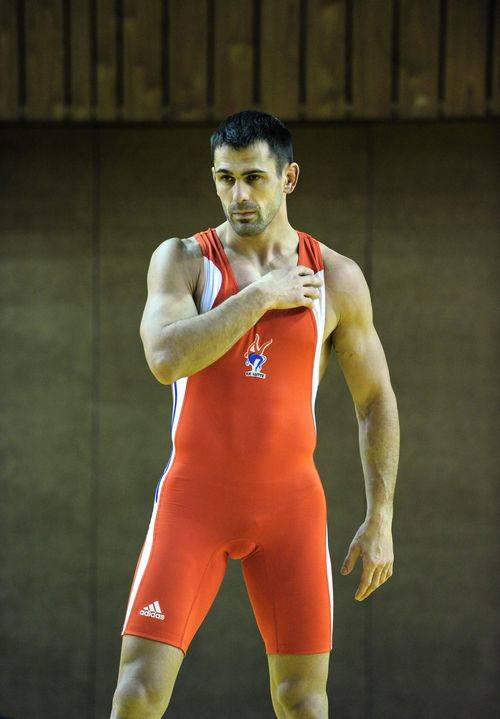
![tumblr_m80ppb3ElW1qc9t9ro1_1280[1]](https://daily.squirt.org/wp-content/uploads/2012/08/tumblr_m80ppb3ElW1qc9t9ro1_12801-725x483.jpg)
![tumblr_m80ppb3ElW1qc9t9ro6_1280[1]](https://daily.squirt.org/wp-content/uploads/2012/08/tumblr_m80ppb3ElW1qc9t9ro6_12801-725x445.jpg)
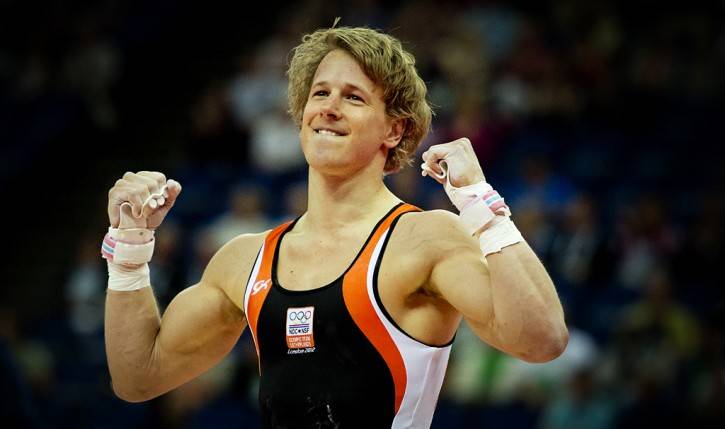
![1964843_bd534da0-8b33-11e1-87c3-00151780182c[1]](https://daily.squirt.org/wp-content/uploads/2012/08/1964843_bd534da0-8b33-11e1-87c3-00151780182c1.jpg)

![13627_041[1]](https://daily.squirt.org/wp-content/uploads/2012/08/13627_0411-725x1087.jpg)
![1[3]](https://daily.squirt.org/wp-content/uploads/2012/08/13-725x1087.jpg)
![Ripped-Muscle-Hunk-Bob-Hager-Strips-Naked-and-Jacks-Off-His-Big-Hard-Cock-in-Wet-Strokes-Minute-Man-39-from-COLT-Studio-Group-pic4[1]](https://daily.squirt.org/wp-content/uploads/2012/08/Ripped-Muscle-Hunk-Bob-Hager-Strips-Naked-and-Jacks-Off-His-Big-Hard-Cock-in-Wet-Strokes-Minute-Man-39-from-COLT-Studio-Group-pic41-725x483.jpg)
![Hairy-Muscle-Hunk-Bob-Hager-Naked-and-Jacking-His-Big-Cock-in-Wet-Strokes-Minute-Man-39-from-COLT-Studio-Group-1[2]](https://daily.squirt.org/wp-content/uploads/2012/08/Hairy-Muscle-Hunk-Bob-Hager-Naked-and-Jacking-His-Big-Cock-in-Wet-Strokes-Minute-Man-39-from-COLT-Studio-Group-121-725x483.jpg)
![Ripped-Muscle-Hunk-Bob-Hager-Strips-Naked-and-Jacks-Off-His-Big-Hard-Cock-in-Wet-Strokes-Minute-Man-39-from-COLT-Studio-Group-pic6[1]](https://daily.squirt.org/wp-content/uploads/2012/08/Ripped-Muscle-Hunk-Bob-Hager-Strips-Naked-and-Jacks-Off-His-Big-Hard-Cock-in-Wet-Strokes-Minute-Man-39-from-COLT-Studio-Group-pic61-725x483.jpg)
